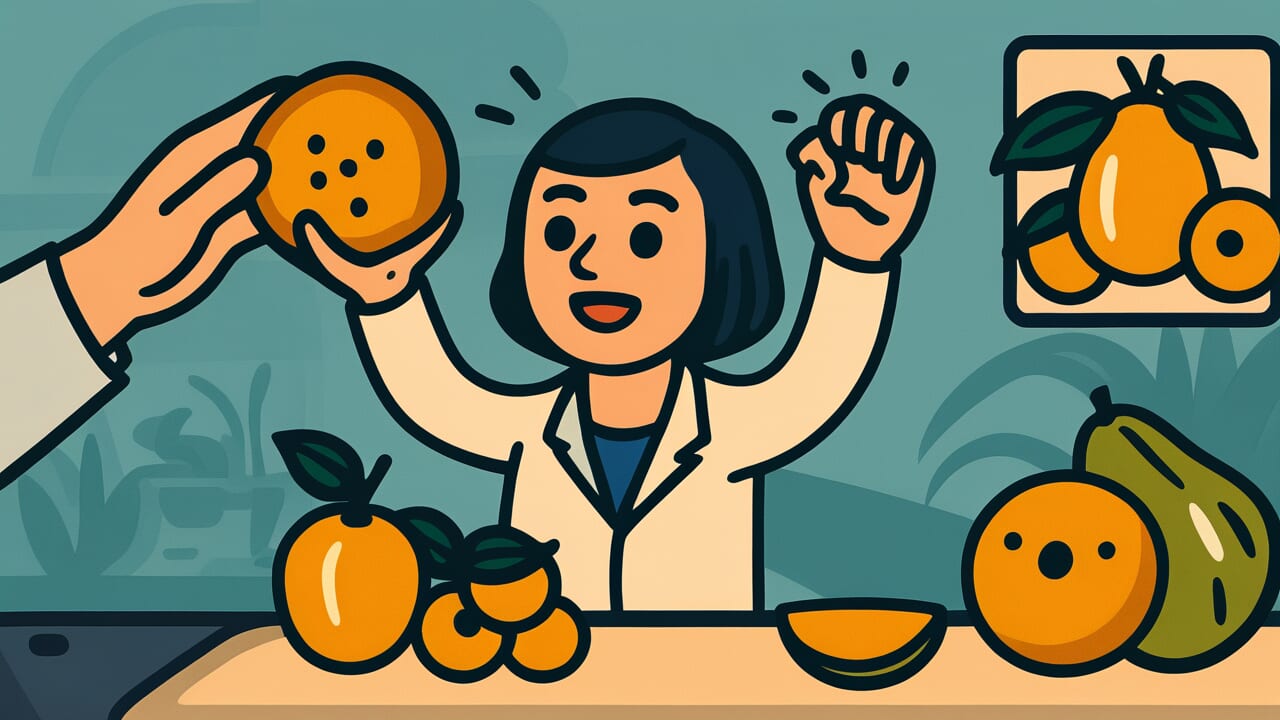Cultural Context
This Tamil proverb reflects the deep agricultural wisdom of South India. Wood apple and palmyra are native fruits with distinct properties and uses.
The saying emerges from traditional knowledge about natural remedies and nutrition.
In Tamil culture, food is understood through its medicinal properties. Wood apple is known for cooling the body and treating digestive issues.
Palmyra fruit provides substantial nutrition and energy for physical labor. This understanding connects to Ayurvedic principles about food as medicine.
Elders traditionally shared such wisdom to teach children about purposeful living. The proverb uses familiar fruits to explain a broader life principle.
It reflects a culture that values matching resources to specific needs.
Meaning of “Those who eat wood apple fruit eat it to cure bile; those who eat palmyra fruit eat it to satisfy hunger”
The proverb says different things serve different purposes effectively. Wood apple treats bile problems while palmyra fruit satisfies hunger. Each fruit has its own best use and value.
The deeper meaning is about choosing the right tool for each task. A carpenter needs different tools for cutting versus smoothing wood.
A student might use textbooks for learning facts but discussions for understanding concepts. A business might hire specialists for accounting but generalists for project management.
The key is recognizing that value depends on the specific need.
This wisdom reminds us not to judge things by a single standard. Something perfect for one purpose may be wrong for another. A sports car and a truck both have value in different situations.
Understanding the specific goal helps us choose wisely among available options.
Origin and Etymology
This proverb likely emerged from Tamil agricultural communities centuries ago. Farmers and herbalists understood plants through generations of careful observation.
Such knowledge was essential for survival in traditional village life.
Tamil oral tradition preserved practical wisdom through memorable sayings. Proverbs were taught to children while working in fields or preparing food.
The specific mention of wood apple and palmyra suggests origins in regions where both fruits grew abundantly. Over time, the saying spread beyond its agricultural roots.
The proverb endures because it uses concrete examples to teach abstract thinking. Everyone can understand fruit serving different purposes.
This makes the broader principle about purposeful choice easy to remember. The wisdom remains relevant as people still face decisions about matching resources to needs.
Usage Examples
- Coach to Athlete: “You train for medals while he trains to stay healthy – Those who eat wood apple fruit eat it to cure bile; those who eat palmyra fruit eat it to satisfy hunger.”
- Doctor to Patient: “Some take medicine to prevent illness, others only when sick – Those who eat wood apple fruit eat it to cure bile; those who eat palmyra fruit eat it to satisfy hunger.”
Lessons for Today
Modern life offers overwhelming choices in every area. We often judge options as simply good or bad. This proverb suggests a more nuanced approach to decision making.
When choosing tools, methods, or people, consider the specific purpose first. A detailed contract works well for complex business deals but feels wrong for family agreements.
Social media helps maintain distant friendships but cannot replace deep personal conversations. Recognizing these distinctions leads to better outcomes in work and relationships.
The challenge is avoiding the trap of seeking one perfect solution. Different situations genuinely require different approaches. Learning to ask what specific need must be met helps clarify choices.
This wisdom encourages flexibility and thoughtful matching of means to ends.



Comments